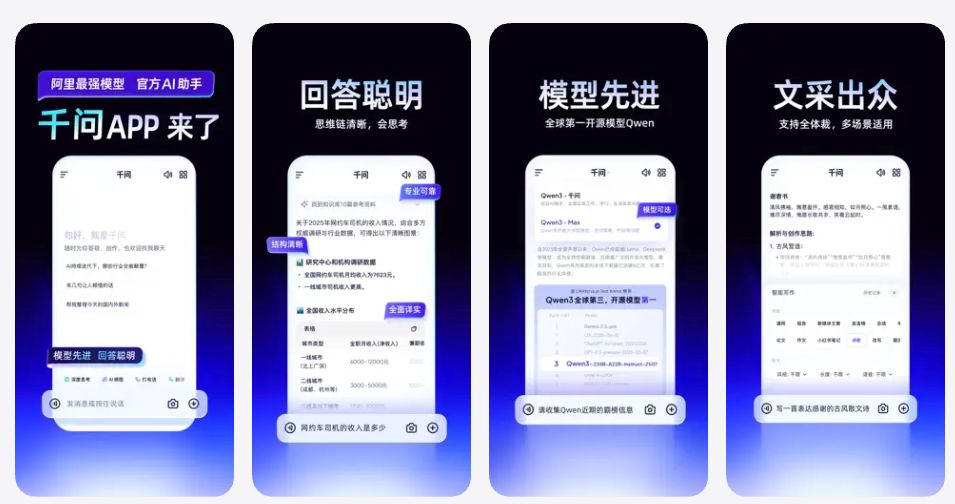Bit Mining buys 27 SOL and launches its own validator on Solana
- Bit Mining acquires 27.191 SOL as a treasury strategy
- Company launches its own validator on the Solana network
- SOL staking strengthens blockchain security and decentralization
Bit Mining, a cryptocurrency mining company listed on the New York Stock Exchange under the ticker BTCM, announced the purchase of 27.191 SOL, equivalent to US$4,89 million, as part of its strategy to build a Solana-based treasury infrastructure.
The acquisition was accompanied by the launch of a proprietary validator, operated internally by the company, which will be used to stake SOL assets and thus generate on-chain rewards. This move is part of a broader plan by the company, which aims to raise up to US$300 million to expand its presence in the Solana ecosystem, including new acquisitions and operational structuring.
With this move, Bit Mining joins a growing group of public companies that have begun incorporating blockchain validation operations into their business models, using Solana not only as a financial asset but also as infrastructure for recurring revenue via staking.
DeFi Development Corp (DFDV), for example, increased its corporate SOL supply to 1,29 million tokens, valued at over $216 million. The company also stakes multiple validators and recently completed a $112,5 million private placement to continue accumulating Solana.
Along the same lines, Upexi (UPXI) secured a $500 million credit line for additional SOL purchases and other corporate purposes, signaling greater institutional confidence in the asset's performance and staking revenue model.
Data compiled up to August 5th indicates that the total amount of SOL in corporate treasury bonds already exceeds 3,4 million tokens, valued at more than US$568 million, according to a market survey.
Bit Mining's proprietary validator structure aims not only to monetize its position but also to reinforce the decentralization and security of the Solana network, contributing to its long-term stability while positioning the company among institutional players with direct exposure to the blockchain.
Disclaimer: The content of this article solely reflects the author's opinion and does not represent the platform in any capacity. This article is not intended to serve as a reference for making investment decisions.
You may also like
This Week's Preview: BTC Falls Below 94,000, AI "Judgment Day" and Macro "Settlement Day" Both Looming
Bitcoin and Ethereum prices have declined as the market adopts a risk-off approach ahead of the upcoming Nvidia earnings report and the release of the Federal Reserve minutes. Nvidia's earnings will influence the AI narrative and capital flows, while the Fed minutes may reinforce a hawkish stance. Summary generated by Mars AI. The accuracy and completeness of this summary are still being iteratively improved by the Mars AI model.

The Ali Qianwen app's initial launch faces a surge in traffic; the official response is "operating well, feel free to ask."
The public beta of the Qianwen app has been launched, with Alibaba introducing its personal AI assistant to the consumer market. The first day’s traffic exceeded expectations, and some users experienced service congestion. “Alibaba Qianwen crashed” quickly trended on social media, but the official response stated that the system is operating normally.

Another giant exits! The "Godfather of Silicon Valley Venture Capital" sells all Nvidia shares and buys Apple and Microsoft
Billionaire investor Peter Thiel has revealed that he has fully exited Nvidia, coinciding with rare simultaneous retreats by SoftBank and "Big Short" investor Michael Burry, further intensifying market concerns about an AI bubble.
How to evaluate whether an airdrop is worth participating in from six key dimensions?
Airdrop evaluation is both an "art and a science": it requires understanding human incentives and crypto narratives (art), as well as analyzing data and tokenomics (science).

